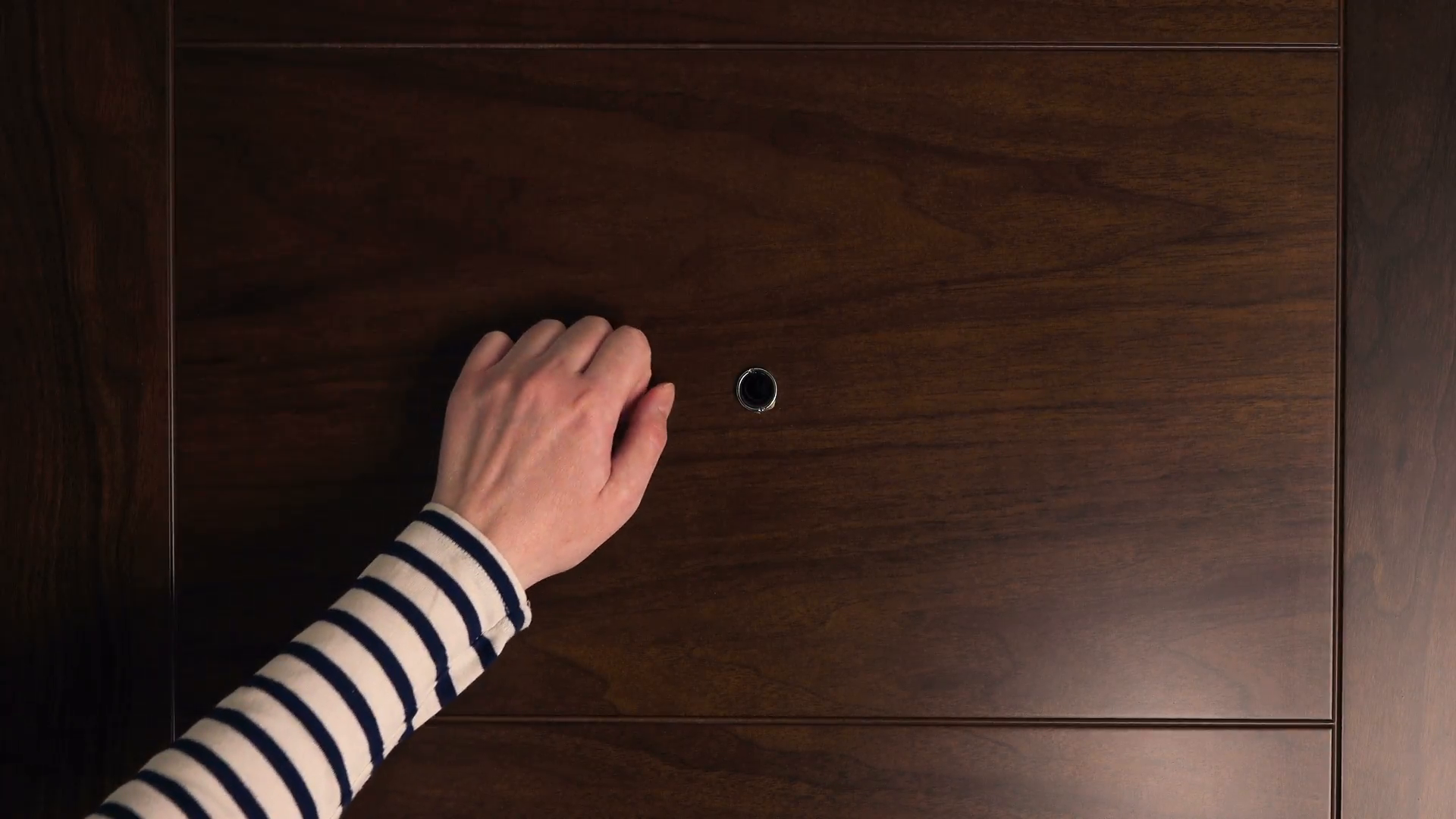California recognizes both the tenant’s right to quiet enjoyment of the premises and the owner’s right to access the unit under limited circumstances. Translation: once the keys are handed over, the law is tilted slightly towards the tenant. With that in mind, landlords need to be vigilant when they consider entering their units and resist the temptation to “just show up”.
Civil code 1954 spells out the permissible reasons a landlord can enter the premises.
- In the case of an emergency;
- To make necessary or agreed on repairs, decorations, alterations, or improvements;
- To supply necessary or agreed services;
- To show the dwelling unit to prospective or actual purchasers, mortgagees, residents, workers, or contractors;
- To make an inspection pursuant to subdivision (f) of Section 1950.5 of the California Civil Code, if requested by the tenant;
- To repair, test, and/or maintain smoke or carbon monoxide detectors as allowed by Health and Safety Code Section 13113.7 and 13260;
- To inspect a waterbed for compliance with the installation requirements of Civil Code 1940.5;
- When the resident has abandoned or surrendered the premises; or
- Pursuant to a court order
Even when there is a permissible purpose to enter, as delineated above, the time to enter the unit may only be within normal business hours. Exceptions are made in an emergency and when the resident consents to entry outside of normal business hours. A landlord could also enter the residence when the resident has abandoned or surrendered the premises, but this goes beyond the scope of this article.
When a landlord desires to enter the unit for an acceptable purpose, the tenant must be given reasonable notice. 24 hours written notice is presumed reasonable, but every case is different. Moreover, there are certain circumstances when oral notice is sufficient, but the most prudent step to protect your rental business is to first consult with an attorney, as there are many nuances.
If the purpose of entry is to inspect the unit prior to the termination of the tenancy as required by Civil Code Section 1950.5(f), the owner/agent is required to provide at least 48-hours written notice. The resident and the owner/agent may agree to waive the written notice.
As we’ve noted in other venues, tenant lawsuits are proliferating throughout the Bay Area. Amid the flurry of litigation by residents and enterprising tenant lawyers, it’s important that all requirements are followed to the letter.
We caution that resident managers are an agent of the owner, and so proper procedures must also be followed by them. All too often, we’ve seen landlords get into trouble because of the actions of a manager who happens to have keys to an apartment to do some sort of project and abuses this access, possibly catching a resident in an embarrassing moment. These unauthorized entries are oftentimes seemingly innocuous, like routine maintenance, but the law makes no distinction — infringing on a tenant’s privacy rights cannot be explained away.
We have to get the elephant out of the room and speak to inquisitive landlords that want to periodically check up on their residence. Under California law, landlords cannot enter rental premises only for the purpose of policing the unit. One gambit landlords have used is invoking Health and Safety Code Section 13113.7 and 13260, which allows the repair, testing, or maintenance of smoke or carbon monoxide detectors, but we urge caution in today’s environment where tenant advocates have been just as inventive in suing landlords.





